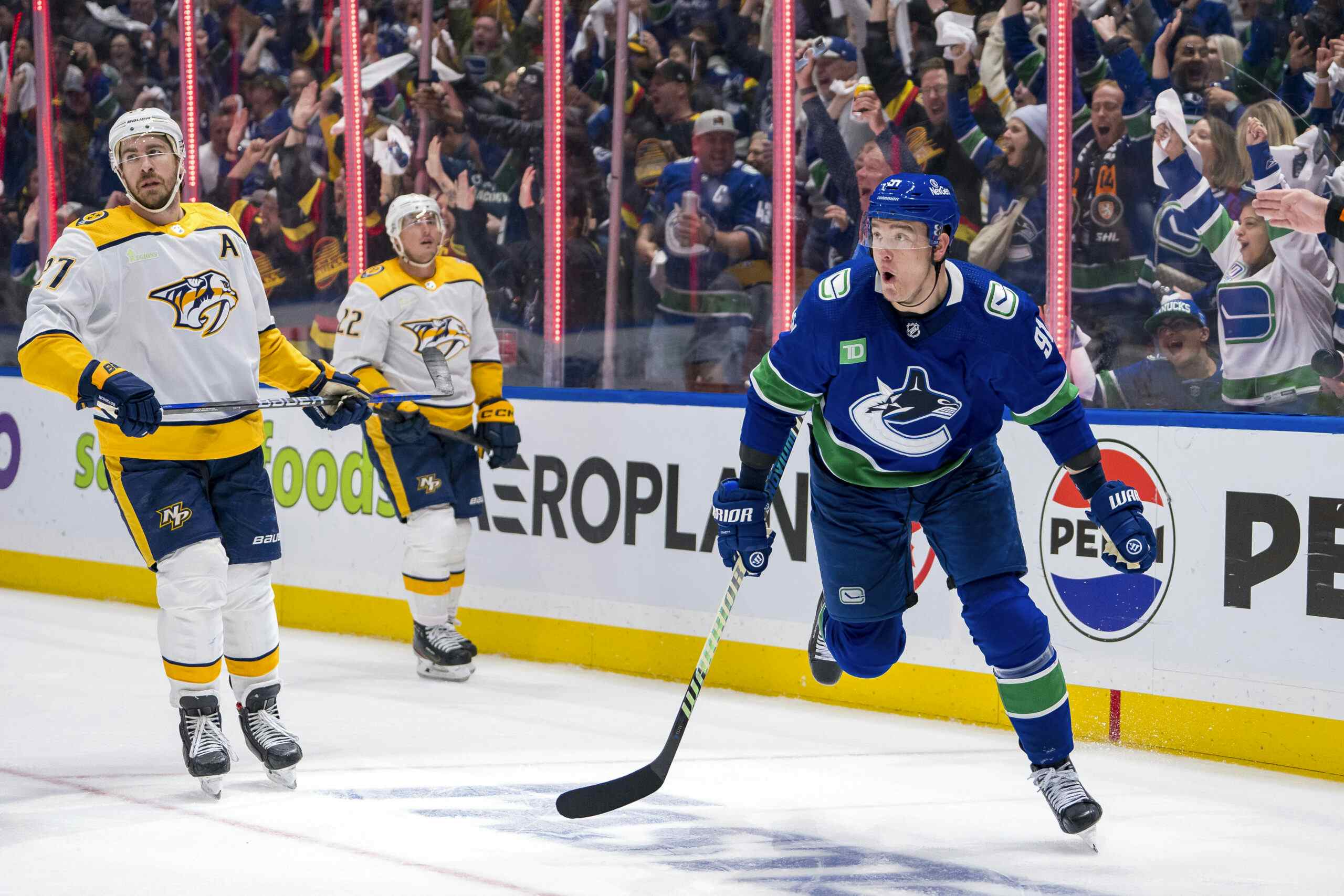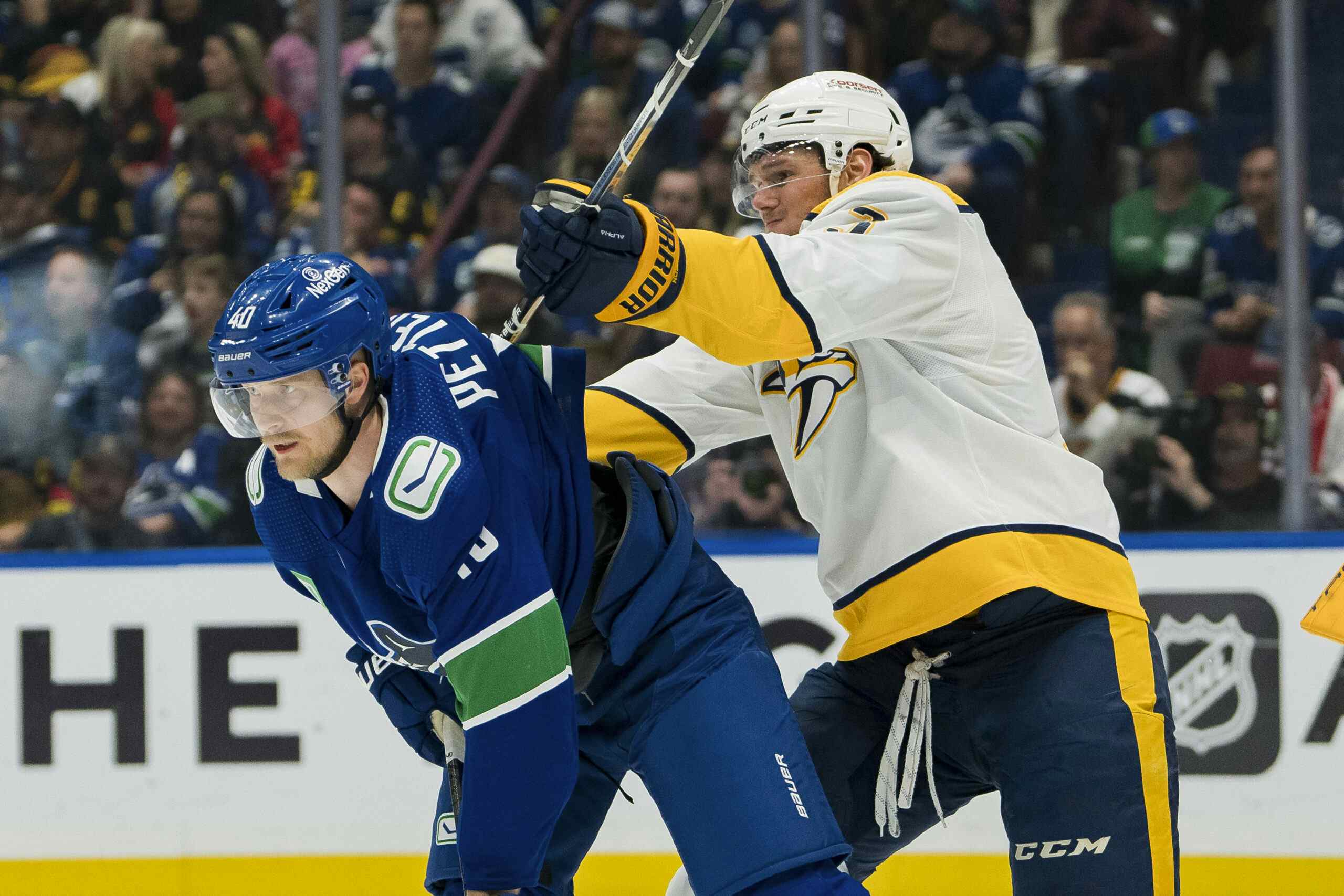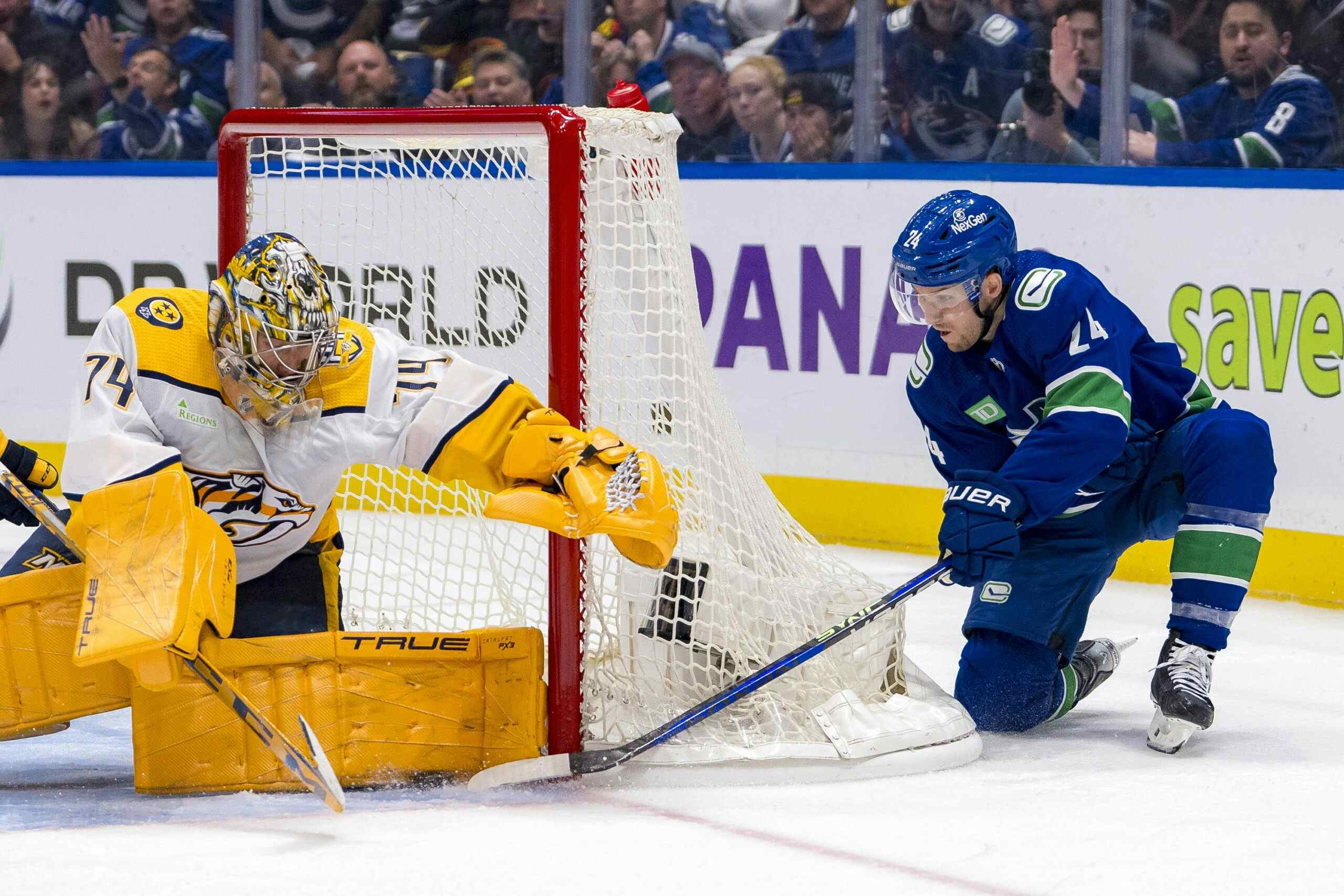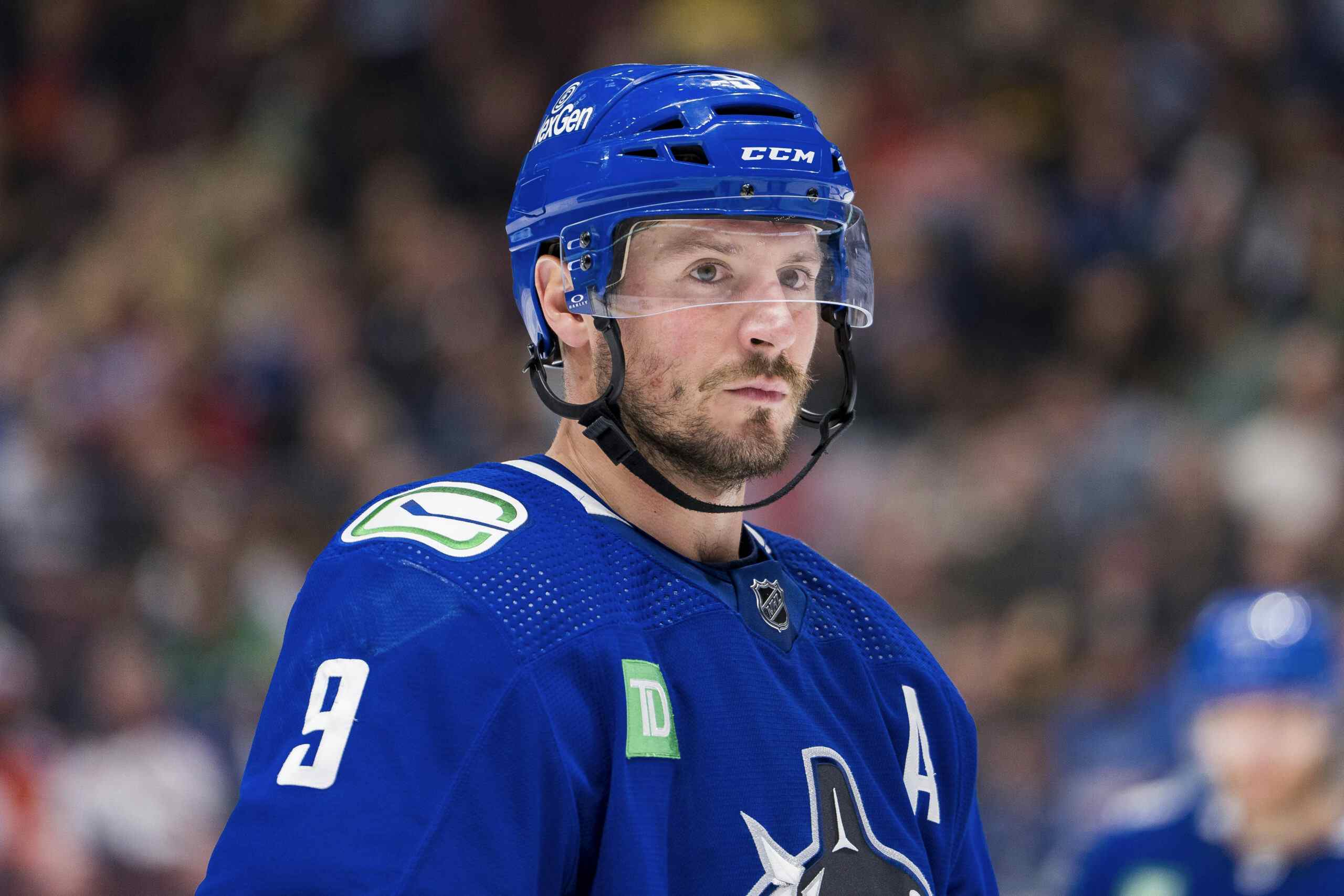It’s time for the NHL to scrap the annual White House visit
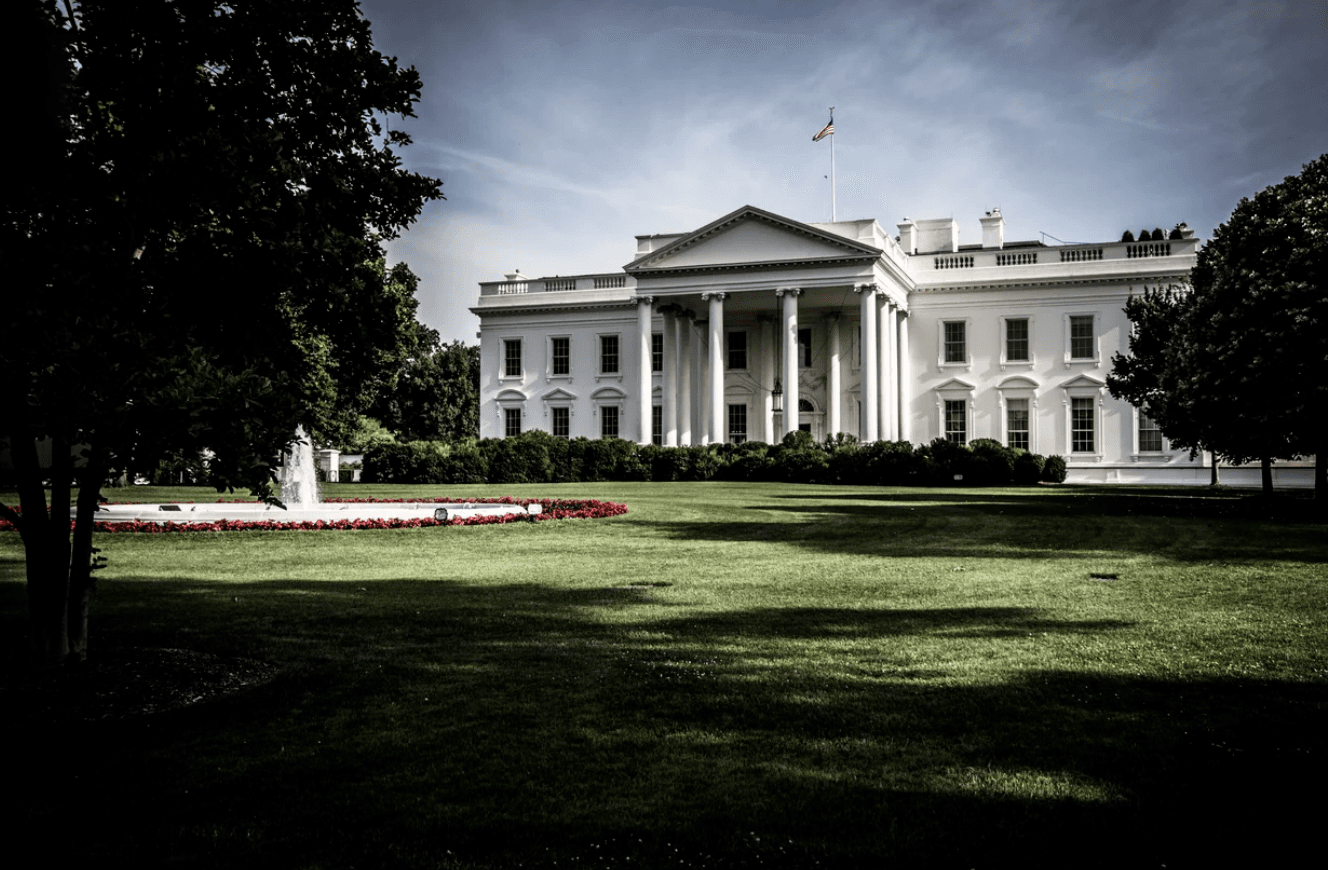
4 years ago
The average hockey fan might say that sports and politics don’t mix, but the long history of NHL teams holding in-arena celebrations of police and the military — as well as the practice of beginning each game with a performance of the national anthem — would suggest that the league disagrees. If they didn’t, it’s unlikely that the Stanley Cup Champions would make an annual trip to the White House, as they have done for the better part of the last three decades.
It’s a tradition that all the major North American sports leagues have partaken in since the mid-’80s, but one that has turned controversial since the inauguration of Donald Trump; who has had an antagonistic relationship with NBA and NFL at times throughout his presidency, even going so far as to withdraw invitations to the Golden State Warriors in 2017 and Philadelphia Eagles in 2018.
A few members of the Washington Capitals elected to stay home, but for the most part, the NHL’s visits have gone off without a hitch, deviating from what we’ve seen from other leagues.
This tradition is rarely, if ever, seriously deconstructed by the hockey media, and when it is, it’s in the form of shoulder-shrugging, which was on full display in Cathal Kelly’s recent op-ed in the Globe and Mail.
You don’t have to be a political scientist to pick up on the number of issues with this line of thinking, not the least of which are that the Stanley Cup Champion’s annual visit to the White House is fairly new tradition started during the late years of the Reagan administration, that spending a day answering questions about U.S. foreign policy is not typically part of the job duties of an NHL player, and that Alex Petriangelo and Donald Trump are not coworkers.
To the extent that the White House visit is explored at all in the national media, the focus is usually on how the the players feel and react to the practice on a personal level. There are a number of quibbles to be had with Kelly’s viewpoint, but there’s a fundamental truth at the centre of it: players are being put in an unenviable position. It’s impossible to know for sure where the average NHL player aligns on the political spectrum, but it’s reasonable to believe that most simply don’t put a lot of thought into electoral politics and are therefore woefully unqualified to handle the juggling act of trying to depoliticize answers to explicitly political questions. What’s absent from most coverage of the practice -even the critiques- is the observation that it’s not just the players who sign off on these visits.
The owners, GMs, NHL commissioner and board of governors, and the NHLPA have all consented to the practice long before the players ever get to make their own personal decisions regarding these White House visits, yet their role is completely absent from public discourse. Instead, the focus is routinely placed on the players. If Kelly and I agree on one thing, it’s that this places them in a lose-lose situation.
Luckily, there’s a simple solution to all of these problems that should satisfy most ordinary people: scrap the visit entirely.
There are plenty of moral arguments I could make as to why this is a good idea. I could tell you that the United States is an imperialist project build upon the slaughter of innocents in the third world. I could opine about how the U.S. government has grown out of control, threatening the Rights, Liberties, and Property of the People, and how this is being done at the Executive, Legislative, and Judicial level in direct opposition to the Constitution and the Founding Fathers vision for the Federal government. I could also say that politics are lame and boring and for nerds. All of these statements would contain varying degrees of truth.
The impulse to escape from the pressures of the world by caring more than you should about the outcome of a game isn’t entirely unjustified. If you’re like me, you probably spend way too much time worrying about global climate catastrophe or the rising tide of fascism across the Western Hemisphere; or maybe you think those things are good, actually, and would just like a break from people being mad at you about it. Whatever the case may be, you aren’t required to spend every waking hour thinking about the problems of the world. Yes, everything is political, including hockey; but making note of this at every possible opportunity is likely to leave you tired, anxiety-riddled, and with very few people who will be willing to suffer your company.
Sometimes it is in fact okay to want to stick to sports. The issue is that the NHL makes this impossible by holding on to a tradition that feels completely anachronistic in the age of media hyper-consumption. 30-some-odd players and executives, most of whom are from Northern Europe or rural Saskatchewan, meet for 90 minutes with the head of state of a country they likely can’t even legally vote in. It was never a good idea to begin with, and it looks even worse now that the players have to listen to a doddering septuagenarian game show host ramble about how hairspray isn’t as good as it used to be.
The league and the media can insist the visit isn’t political, but it’s clear there are players who believe otherwise. When three Washington Capitals players declined their invitation to the White House last year, they cited political disagreements with the President. When Tim Thomas refused to attend in 2012, he did the same. While their reasons for doing so are not morally equivalent, they do serve as an example of how these visits can result in embarrassment the league. Inevitably, if you put the players in the same room as the President, politics is going to come up at some point. When it does, most of them are unqualified to participate in the discussions that follow, and ill-equipped to deal with fallout that can result from saying the wrong thing.
If the league truly wishes to be seen as apolitical, they can start by being the first of the four major North American sports leagues to refuse all invitations to meet with heads of state, regardless of which party they represent. While the decision is unlikely to satisfy everyone, it’s the only way the league and the players can legitimately claim to be impartial to the whims of the sitting administration.
The bottom line is that the sitting President has much more to gain from the tradition than the NHL does. For Donald Trump, it helps legitimize the administration by providing the opportunity to take some photos and get in a couple of zingers about player agents and the media. For the NHL, it serves only to remind fans who are not sympathetic to Trump’s agenda how little their political desires align with those of the players and coaches. That will likely always be the case, but the league is better off if fans aren’t constantly reminded of it. The fans and the media cannot be asked to stick to sports if the league won’t do the same.

